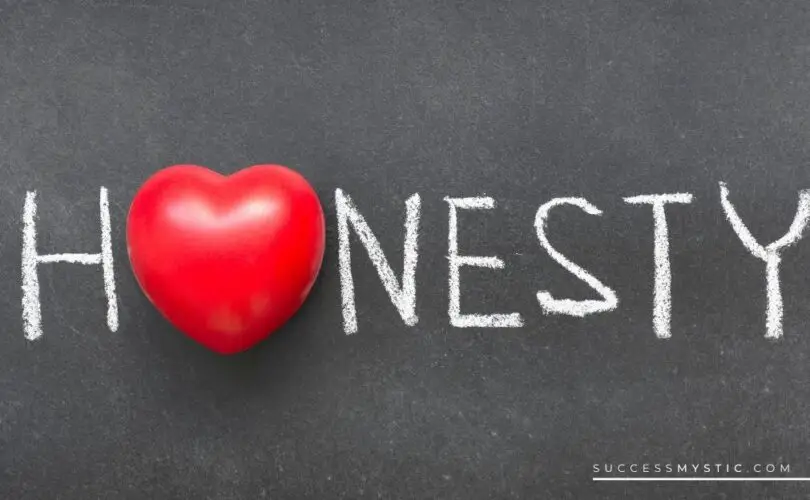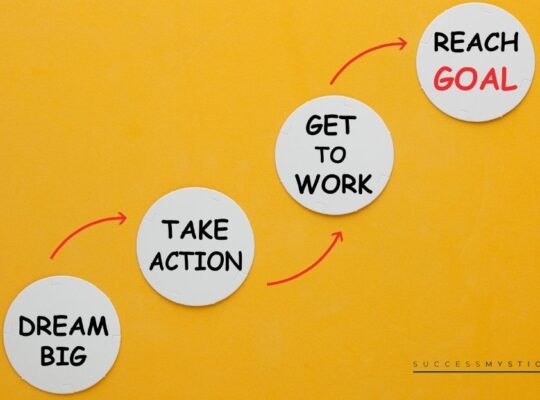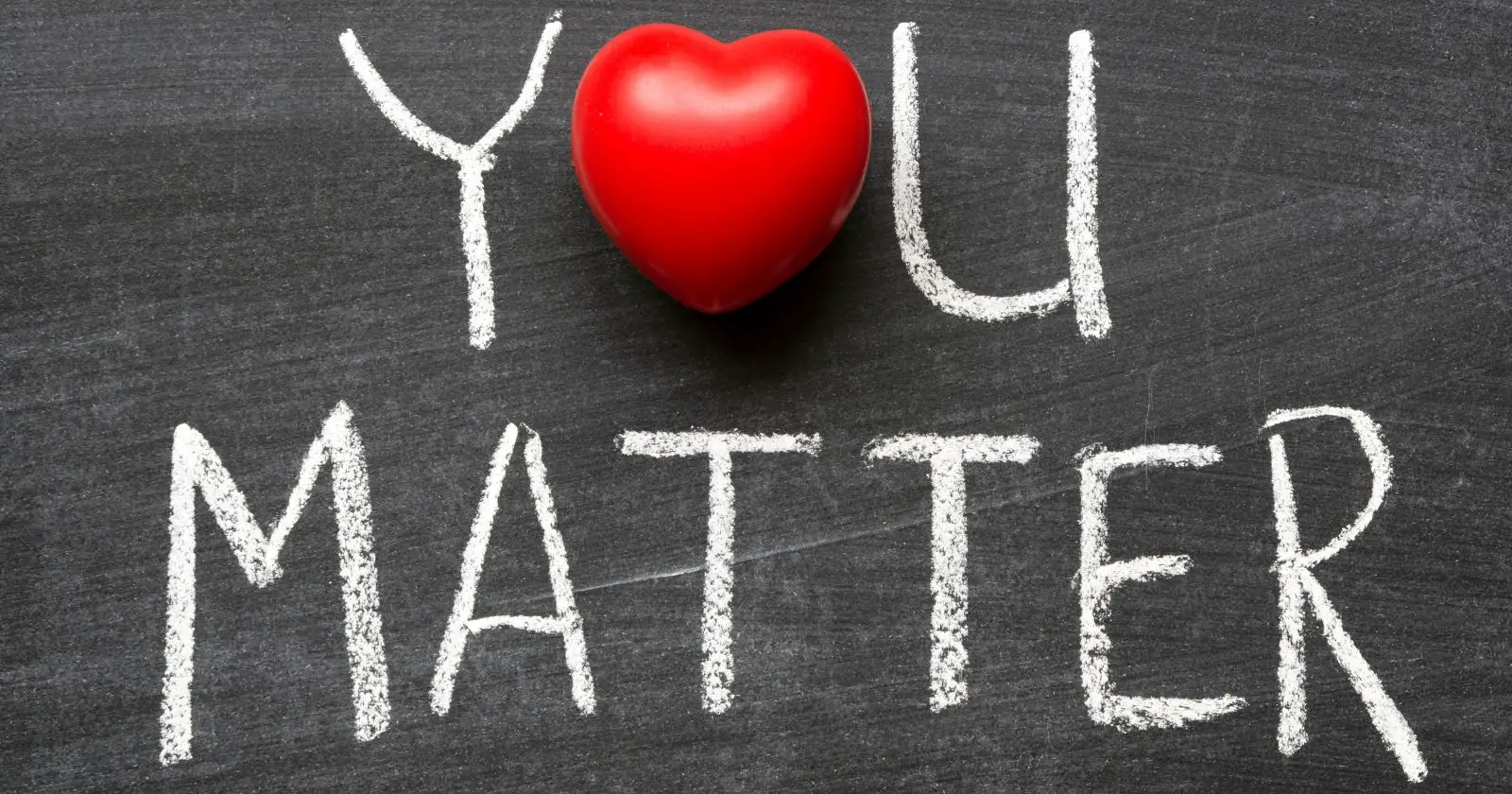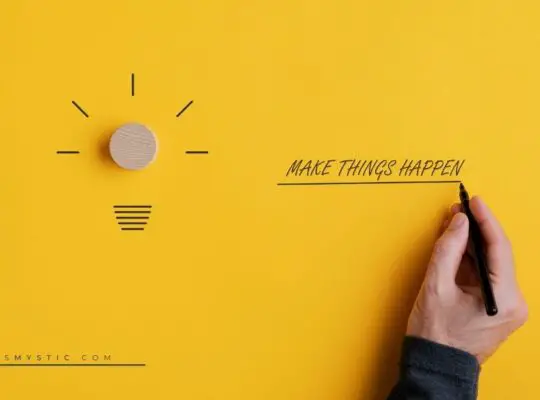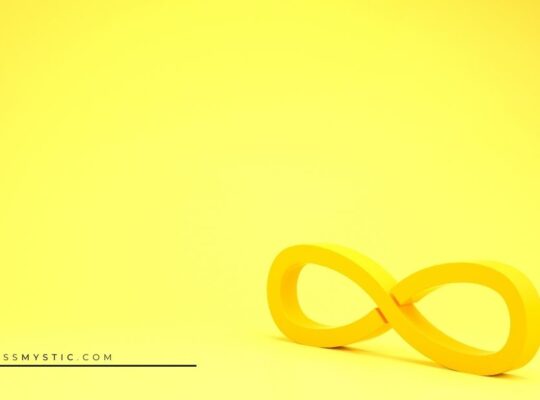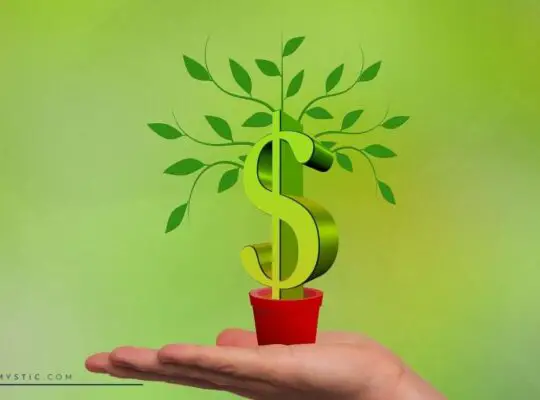Honesty
How honest are you with yourself? What does it even mean to be truthful to yourself, and why is this so important? When things are not going well in our lives, our brains try to make up for this by rationalizing, ignoring, and deceiving us into believing a better impression.
But, over time, this self-deception plays a negative and critical role in our overall happiness, success, and well-being. No matter the reason you do it or how you choose to deceive, lying to yourself never makes things better; it only makes it all worse.
Learning to be honest with yourself improves your long-term outlook and positivity, plus it helps you develop a more accurate, realistic picture of yourself and your capabilities. If you can’t be honest with yourself, after all, with whom can you be?
If you are struggling with a negative mindset, a pessimistic outlook, or feeling like your life is not what you want, then learning to be more honest with yourself could be the answer to your problems.
Being honest with yourself is the cornerstone of a full and healthy life, and it is crucial if you want to succeed and realize your dreams. Self-honesty helps you learn to treat yourself kindly and compassionately, and it shows other people how to treat you, as well.
Self-honesty is vital for learning to be resilient in the face of adversity and to bouncing back from obstacles and failures. And, most importantly, being honest with yourself is the only way to truly understand your problems, to develop effective solutions, and to finally learn to be happy and enjoy your life.
This guide explores the importance of brutal honesty with yourself, including why we choose to lie. We explore the many benefits of learning to become genuinely honest, including how this type of self-honesty betters your life. Finally, explore strategies and methods for learning to practice self-honesty and engage in the kind of brutal honesty that is going to get you what you want in life.
Understanding Self-Deception
To begin, we must first understand what we really mean by self-deception and how this practice influences our lives. At its most basic level, self-deception is the inability to be completely honest with yourself. To do this, you can either choose to believe things that are not true, or you can refuse to accept something that is true.
We lie to ourselves for a variety of reasons, but at its heart, self-deception keeps us comfortable in an alternate reality that we create. It is a protective measure that allows us to ignore things we do not want to face or believe ourselves to be better than we really are.
This form of deception encompasses everything from full-blown delusions to little white lies. This form of coping is a way to hide things from ourselves that we are not ready to face.
When you mislead yourself, when you accept a lie you tell yourself, you become a liar not only to yourself but also to other people. You cannot live truthfully to others if you cannot tell yourself the truth. When you can’t admit the truth to yourself, you are forced to mislead others so that they will not learn your lie, either.
Lying to yourself is very different, though, then not telling the truth to others. In fact, some people may believe whole-heartedly that it is wrong to tell untruths to other people yet are not honest with themselves. Being honest with yourself is independent of whether or not you are honest with other people, and it is most important, above all else, that you tell yourself the truth.
The Problem with Self-Deception
When you are not honest with yourself, this indicates that you lack the emotional and psychological strength to accept and live with reality. This habit is an indication that you are giving up your personal power and relinquishing your ability to make choices for yourself and your life. Giving up your personal power means you can never lead the life you want or achieve your goals.
Self-deception is an indication that you lack comfort and security with who you are. Honesty is the key to creating a consistent life that is based on your values and goals, so without it, you cannot hope to achieve these things.
The higher your psychological strength and self-honesty, the more likely you are to make better choices for yourself and to attain whatever goals you set for yourself.
Self-deception leads to making choices in your life based on your insecurity, which often leads to decisions you regret later. We do not tend to make the most helpful choices when we feel weak or vulnerable. Instead, we opt for whatever is familiar, easy, or comfortable, leading us back to whatever psychological or emotional issues are feeding our insecurity in the first place.
People who consistently lie to themselves end up making choices in their life based on the lies they believe, which results in a mountain of regret for the things they gave up that would have truly made them happy. Learning to be honest with yourself and to accept the truth, no matter how hard it is, will allow you to live your life on your terms finally.
When you lie to yourself, you are robbing yourself of the opportunity to improve or change your life in ways that have lasting positive outcomes. Self-deception just makes you more delusional and leaves you lots of regrets. And finally, self-deception makes you the center of all your problems rather than the source of positive solutions.
Why We Lie to Ourselves
So, if self-honesty is so essential and crucial to our happiness, why do so many of us refuse to engage in genuine honest with ourselves? In some ways, it is easier to understand why we might lie to other people, even though it is wrong.
We may turn to dishonesty to protect our reputations or to avoid conflict with someone. You may even lie to keep your job or protect other people from your actions or mistakes.
But why would you ever lie to yourself? After all, don’t you know you are being less than truthful? And doesn’t lying just hurt you in the long run? Humans are remarkably adept at self-deception, as if our minds are hard-wired to accept these lies, even in the face of evidence to the contrary.
Self-deception tactics fall into one of two categories. They are either acts of willful ignorance or they are outright lies we tell ourselves. When you choose willful ignorance, you are deciding to ignore information about how your choices will affect you or other people. When you lie to yourself, you are doing so to make yourself feel better.
It turns out, there are lots of reasons people choose self-deception over honesty. Here are the top five most common reasons.
We Are Avoiding Change or Conflict
Even when things are really bad, and the choice is apparent that you need to leave a situation, extricate yourself from a relationship, or find a new opportunity, many people will choose to stay in a tough situation simple to avoid change.
Many people live in denial of their current situation, even when they are confronted with evidence to the contrary. Our ability to rationalize these choices in our minds is extremely powerful. And denial is born from a fear of change.
Holding on to old ideas or goals is partly out of self-preservation. To let go would be to admit that we made a mistake in the past, things have changed while we have not, or the current circumstances have surpassed our abilities.
Staying in an unhealthy relationship or sticking with a job that makes you unhappy is partly because we hate to give up the time we have already invested in this venture, so we believe that things will somehow just automatically get better. This type of denial leads to a lack of ability to see new ideas or examine other opportunities.
We Need to Be Right
True happiness resides in the space where what you believe, what you want to achieve, and how you act are all aligned with one another. When one of these is out of alignment, you experience what is known as cognitive dissonance.
You behave, for example, poorly toward someone else, so you feel bad about it. To get rid of this imbalance, you either find a way to justify your actions (“she had it coming) or you change your values to fit your actions (“I guess it’s okay to talk about someone if they deserve it.”)
Justifying your behavior can lead to some harmful outcomes, including missing out on opportunities to improve yourself and your life. To what ends would you go to explain your actions or relieve your feelings of dissonance? Unfortunately, many of us go to extremes to justify these bad decisions and make ourselves feel better for poor choices.
We Are Avoiding Pain
Another reason you may choose to act in ways that violate your beliefs or goals is that you are avoiding an outcome that will bring negative consequences to your life. For example, some people choose to stay in a toxic relationship because they lack the financial resources to live without their partner. Others may choose to ignore immoral practices by others because they do not wish to suffer the consequences of calling this out.
In a great many situations in life, it appears easier for our minds to maintain the status quo rather than rock the boat simply.
Maintaining old habits and routines is what our brains do best, even if that means lying to ourselves. It is comforting and helps us avoid painful outcomes we want to avoid.
Being Honest is Hard
When it comes to self-honesty, it can be exceedingly challenging to face truths we do not like or to accept our role in the unhappiness or ourselves or others. Honesty involves constant evaluation of our situation as well as an acceptance of reality that allows us to remain faithful to who we are.
True, brutal honesty takes time and commitment and requires that you choose the harder path sometimes, which is often difficult to convince our brains to do.
Why Honesty is Necessary for Your Happiness
Being honest with yourself is important and necessary for a variety of reasons. Learning to listen to yourself and unquestioningly accept who you are and what you believe is not something that comes naturally for any of us, and yet it is the way we learn to love ourselves unconditionally.
Being honest with yourself is how you learn to deal with past trauma and old wounds. Through honesty, you acknowledge your role in these past mistakes, but you also learn to forgive so that you can move forward without the emotional baggage you have been carrying. Honesty with yourself is the only way you can face your problems and confront your demons.
Self-honesty is the cornerstone of self-improvement and realizing all your dreams. Until you are truly honest with yourself about your values, goals, abilities, and weaknesses, you will never be able to reach all the goals you set for yourself and to find genuine happiness finally. Only when you see yourself as you truly are and accept that can you hope to be comfortable in your life and with yourself.
When you are honest with yourself, you can let go of a lot of the fears that guide your life. Being honest with yourself means embracing your values and needs, which means you can finally stop worrying about everyone else and their opinions.
When you know exactly who you are, you also stop feeling like you need to judge other people, because accepting yourself means accepting that others are on their own journey.
Without self-honesty, you can never really know what it is you want in life. You may change your ideas and goals based on what others are doing or one what you THINK you should want, but this will only create a life that leads to unhappiness. You are unique, and only you can decide what is best for you.
Until you are honest with yourself, you can never be really honest with other people. When you hide the truth from yourself, you must also hide that same truth from those you love. If you want a healthy, stable relationship that is built upon honesty and trust, then it must be founded upon a level of honesty with yourself.
When you are honest with yourself, you can open your heart and mind to freedom, inner peace, and stability. Creating peace within your heart happens when you learn to be honest, accept, and forgive yourself. And when you create this peace, the rest of your life becomes possible and joyful.
Being honest with yourself helps you gain clarity about not only you but about others and the world. You no longer have to navigate the lies and rationalizations. You are free to make the best choices for yourself and to avoid those circumstances that do not serve you well. Your path to happiness becomes more evident when you chose self-honesty.
Finally, self-honesty improves your ability to take responsibility for yourself and your life, including your choices and the consequences of those. Only when you accept your life fully can you hope to change things for the better.
Change is evolution, and by accepting yourself and the consequences of your actions, you can evolve more fully to enjoy the opportunities that life has to offer.
How to Become More Honest with Yourself
If you are ready to start being honest with yourself and learn to practice the type of brutal honesty that will open the doors to happiness, then this section is what you have been waiting for.
The following suggestions, tips, and strategies will help you learn how to learn to be more honest with yourself, how to stop lying and learn to accept who you really are, and to embrace the power of self-honesty in your life.
Inventory the Good and Bad in Your Life
To start your journey toward self-discovery, it is helpful to begin by taking a long, hard look at your life and being honest about what is and is not working well for you currently. Often, when we self-reflect, we look at something that may not be working and choose to paint it in a more positive light. For this exercise, though, you want to try and look at everything as objectively as possible. You need to come to terms with all the positive as well as all the negative aspects of your life.
Learning to adopt a more balanced view of your life helps you accept all parts of who you are, not just the good things. Everyone has problems; everyone is facing struggles. Rather than gloss over yours, take the time to really examine them, which will help you figure out the best way to deal with these.
Write in a Journal Every Day
Journaling is an excellent activity to aid in your journey toward honesty and self-discovery. When you are trying to uncover your motives for self-deception or work through a problem, journaling is an excellent way to record your thoughts. Journals are private, so you can share your most hidden thoughts without fear of others knowing, and it can be a relief to get these burdens off your mind.
Use your journal as a place to reflect daily on your self-honesty journey. How did it go today? What are you struggling with, and where are things getting easier when it comes to your ability to tell the truth to yourself?
Honesty is vital in journaling, but this is not the place to become critical or to judge yourself. Your journal should become a source of information, not criticism. Journaling helps with learning and problem-solving, and analysis of your day’s activities provides you with insight and knowledge to help you learn where you still need to improve.
Admit Your Mistakes and Learn from Them
One of the reasons it can be difficult and even painful to practice honesty with yourself is that you do not want to admit your mistakes. Our brains are adepts at covering up our mistakes with rationalizations, excuses, and even blaming other people.
But it is only when you are truly honest with yourself, even about your mistakes and failures, that you can build genuine self-esteem. Otherwise, you are basing your self-image on lies and falsehoods.
Admitting your mistakes means that you can learn from them and hope to do better in the future. A growth mindset is one that sees all experiences as opportunities to learn and grow and viewing your mistakes as these types of possibilities is a way to expose them to the light and still gain valuable insight from them.
Mistakes are just things that did not work in the past. But, if you learn from them, who says you cannot succeed in the future? Take the time to admit your mistakes and being uncovering the lessons you can learn, and you will see how much more you have to grow.
Don’t Forget the Positives
Learning to be more honest with yourself is not all about focusing on the negative parts of yourself. Reminding yourself every day of the positive aspects of your personality and actions is just as important as learning to face the negatives. Take time each day to think of and be grateful for how you have positively influenced your own life or the lives of others.
Practice daily gratitude for your ability to continue to learn and grow. If you only concentrate on the parts of yourself that have been ignoring or hiding, you can start to feel pretty pessimistic, so be sure that you are also balancing those parts of yourself with all the good that you do each day.
Pay Attention to Your Emotional Triggers
Your emotions play a significant role in how you interact with and understand the world. Emotions can sometimes seem like they are misleading us or confusing things, but very often, they tell us valuable information.
When you feel a specific way in a situation, or you have a strong reaction, it is your mind’s way of warning you or reminding you of something. Learning to pay attention to these emotional reactions or responses can teach you a great deal about yourself.
Identifying your emotional response is good, but getting to the real heart of that emotional trigger is where the real honesty lies.
If you become angry, for example, when someone embarrasses you, are you really mad or is that anger a manifestation of fear?
Are you afraid that others will figure out that you are not as competent as you said you were?
Examining your emotions, then dig deeper to understand their sources and triggers can help you become more honest with yourself and appreciate yourself even better.
Acknowledge Your Limitations
When you decide to be honest with yourself, you also must accept that you will never be perfect, nor will you be all things to all people. We are all imperfect, and we all have limitations on our knowledge and capabilities.
Recognizing your own limitations helps you to be realistic about yourself and about life, but it also keeps you open to learning and growing.
As you learn, you can change your beliefs and learn new things, which helps you stay flexible. Your limitations are not a deficit; they are just a fact. Once you accept them and stop acting as if you know everything, the world presents many different opportunities for you.
Ask for Feedback
If you want to learn to be honest with yourself, it can be helpful to have more objective feedback. It is not always easy to see yourself as others see you, so talk with a trusted friend or loved one and ask for specific feedback on an area where you are working on being more honest with yourself. Others have a different perspective that can be helpful you your honesty efforts.
Make Honesty a Daily Practice
Learning to be more honest with yourself is not something that will happen overnight, and it takes regular maintenance and vigilance to learn this hard, new way of thinking about yourself. Remind yourself every day that the reason you are choosing honesty over self-deception is that you love yourself and want to be free and happy to enjoy your life to the fullest.
Recommit to self-honesty daily, even when you have experienced setbacks or moments of weakness, and it will get easier over time.
While making honesty a daily practice, it is helpful to remember that you should be gentle with yourself and maintain perspective. Your behaviors are not who you are. You may have done things for which you are not proud, but that does not make you a bad person.
Your journey toward self-honesty is one of forgiveness and progress, not absolutes. Be sure to acknowledge your progress and celebrate your victories now and then, to help you maintain your forward momentum, as well.
Final Thoughts
Being honest with yourself is not an easy thing, especially when you have been practicing self-deception for so long. The reasons you lie to yourself are just as important as the reasons you should tell the truth.
Learning to be truthful and brutally honest is how you improve your life and achieve genuine happiness, though, so the effort is worth it. Learning to be more honest allows you to be who you really are, not who you think you should be.

